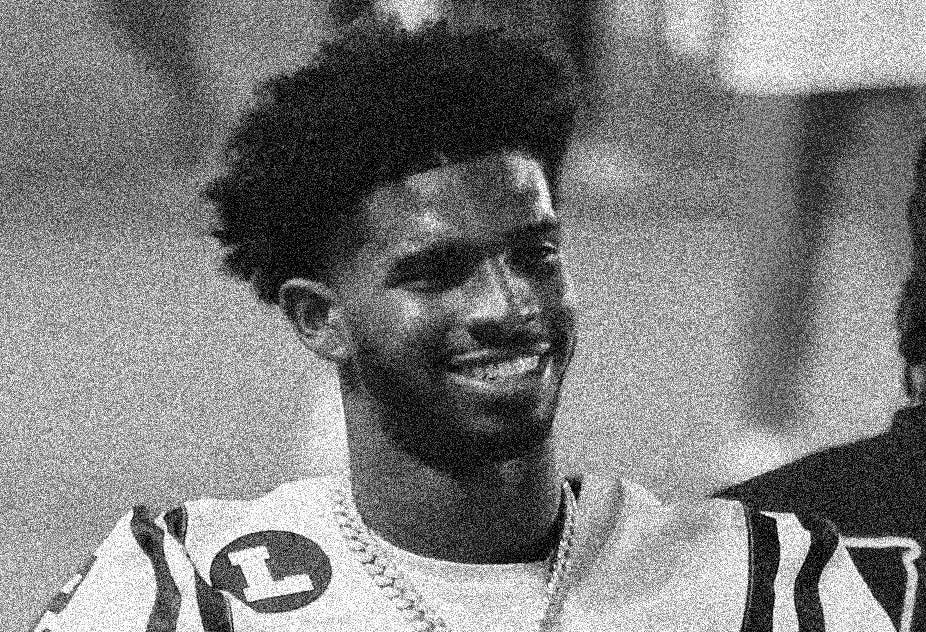Shedeur Sanders and the Marketization of College Sports
Shedeur Sanders’s slide in the NFL Draft was not about talent. It’s rather representative of a conflict between the NFL and the new culture of college sports that Name, Image, and Likeness (NIL) has created.
In April 2025, the NFL Draft—broadcast in primetime on national television—revealed a great deal about the political economy of modern sports with a single pick. Shedeur Sanders, son of Hall of Famer Deion “Prime Time” Sanders, tumbled from a projected top-ten pick to the fifth round. His slide was neither a failure of talent nor a surprise fluke. Rathe…




